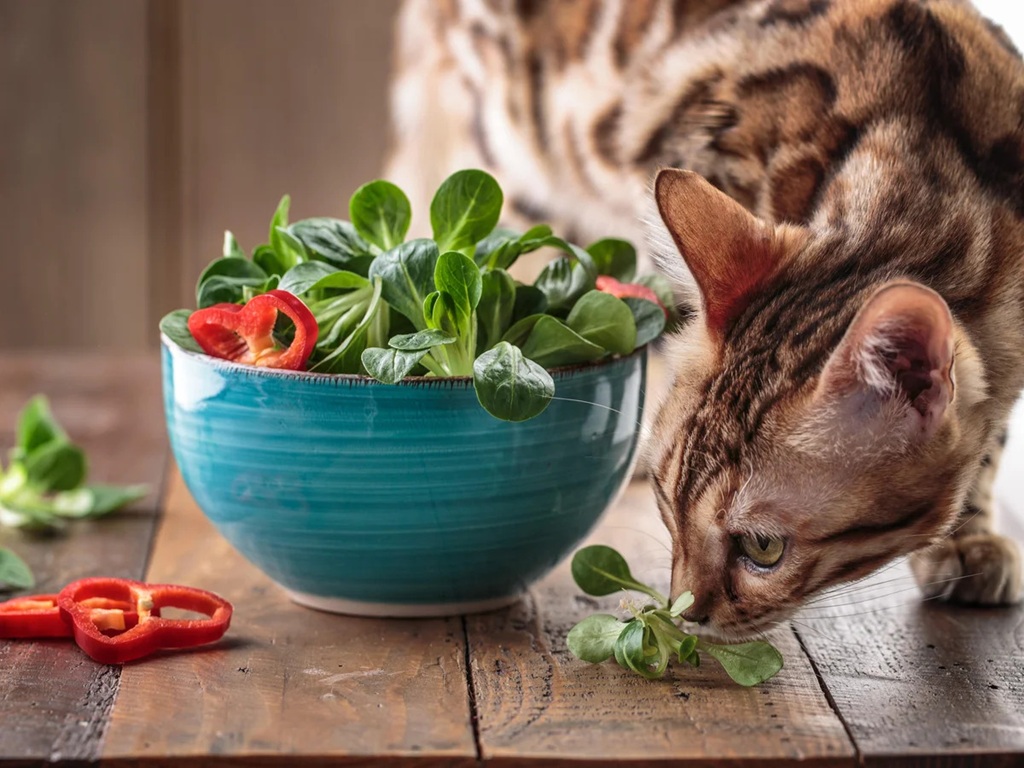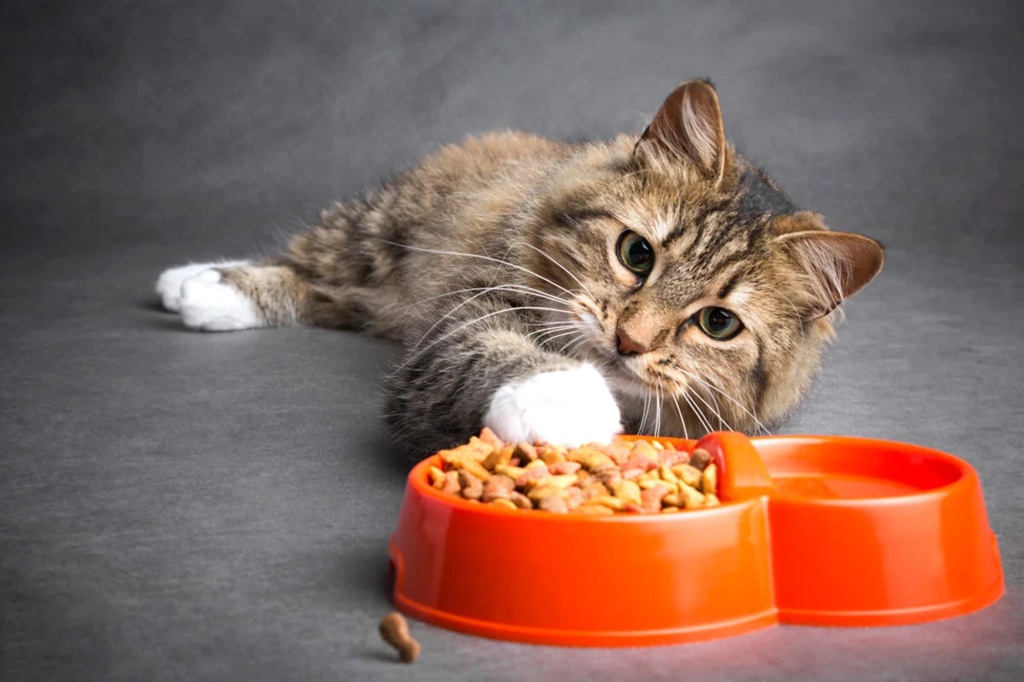Transitioning a cat to a vegan diet is a controversial yet growing trend in pet nutrition. Cats are obligate carnivores, requiring specific nutrients typically found in animal products to thrive. However, advancements in pet food technology and a compassionate push for sustainability make it possible to explore plant-based alternatives safely. If you’re considering this shift, this article will provide expert guidance on achieving nutritional balance, ethical considerations, and practical tips. For more pet care resources, explore Homepetusa.
Understanding Cats’ Nutritional Needs
To successfully transition a cat to a vegan diet, understanding their nutritional framework is essential.
- Taurine: Cats cannot synthesize taurine, an amino acid crucial for heart, eye, and immune health. Plant-based taurine supplements are available to meet this requirement.
- Protein: Cats need high levels of bioavailable protein. Vegan sources like soy and pea protein must be carefully balanced.
- Vitamin A and Arachidonic Acid: Unlike humans, cats cannot convert beta-carotene into Vitamin A or linoleic acid into arachidonic acid. Synthetic or vegan-sourced alternatives are necessary.
- Omega Fatty Acids: Omega-3 and Omega-6 fatty acids from algae oil can replace fish oil, supporting skin and coat health.
Common Challenges with Vegan Diets for Cats
A vegan diet isn’t inherently harmful, but poor planning can lead to nutrient deficiencies.
- Palatability Issues: Cats are picky eaters, and plant-based foods often lack the flavors that appeal to them.
- Digestive Sensitivity: Transitioning too quickly can lead to gastrointestinal distress.
- Nutritional Gaps: Failing to meet essential nutrient requirements can result in severe health problems.
Practical Solutions for a Smooth Transition
- Gradual dietary changes are crucial. Introduce vegan food slowly over 10-14 days to minimize rejection or upset stomachs.
- Use enticing flavors like nutritional yeast to improve palatability.
- Consult with a veterinarian before making any dietary changes.
Can Cats Wear Diapers During the Transition?
While exploring a vegan diet for cats, some pet owners notice behavioral or digestive changes. These adjustments might require additional care, like monitoring accidents around the house. In such cases, you might wonder, can cats wear diapers? Yes, they can, and feline-friendly diapers provide a temporary solution for mess management during dietary transitions.
Exploring Vegan Cat Food Brands
Several brands are leading the charge in vegan cat nutrition.
- Evolution Diet: Offers plant-based dry and wet food options fortified with essential nutrients.
- Benevo Cat Food: Approved by veterinarians and made with organic ingredients.
- Amì Cat: A hypoallergenic option ideal for cats with food sensitivities.
When selecting a brand, ensure it meets AAFCO standards for complete and balanced nutrition.
The Role of Supplements in a Vegan Cat Diet
Supplements are the backbone of a successful vegan diet for cats.
- Taurine and L-Carnitine: Vital for cardiac and muscular health.
- B Vitamins: Found in brewer’s yeast or synthetic options to support energy and nerve function.
- Calcium and Phosphorus: Ensure bone health with vegan-sourced minerals.
- Probiotics: Aid in digestion and nutrient absorption.
Debunking Myths About Vegan Diets for Cats
- “Cats Can’t Be Healthy on Vegan Diets”: With the right planning and supplementation, cats can maintain excellent health.
- “Vegan Diets Are Unethical for Cats”: Opinions vary, but many argue that sustainable and cruelty-free alternatives can coexist with feline health needs.
Related: Do Vegans Eat Dairy? Unraveling the Myths and Facts
FAQs
How can I ensure my vegan cat’s diet is nutritionally complete?
Consult a veterinarian or animal nutritionist and use AAFCO-certified vegan cat food.
What are the risks of a vegan diet for cats?
Risks include nutrient deficiencies and potential health complications if not properly managed.
Are there any health benefits of a vegan diet for cats?
Reduced exposure to contaminants found in some animal products and lower environmental impact.
How do I address palatability issues with vegan cat food?
Add natural flavor enhancers like nutritional yeast or warm the food slightly to release aromas.
Is a vegan diet sustainable for long-term feline health?
Yes, but only with proper supplementation and regular veterinary check-ups.
Can kittens thrive on a vegan diet?
Kittens have higher nutrient demands, making vegan diets more challenging to implement safely.
Conclusion
Transitioning a cat to a vegan diet requires careful planning, expert guidance, and ongoing monitoring. By supplementing a vegan diet for cats with the right nutrients and paying close attention to their health, you can align your pet’s diet with your ethical values while ensuring their well-being. Start small, be patient, and always prioritize your cat’s unique needs.







